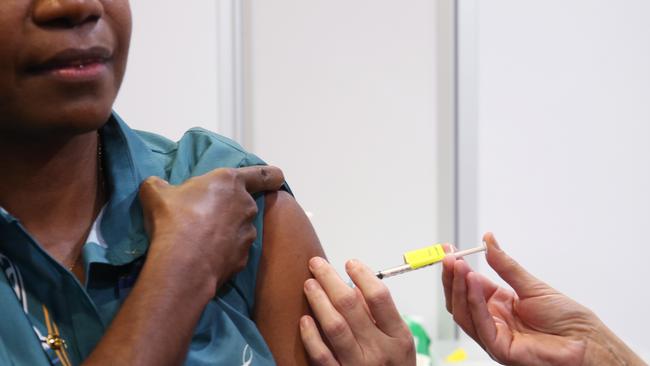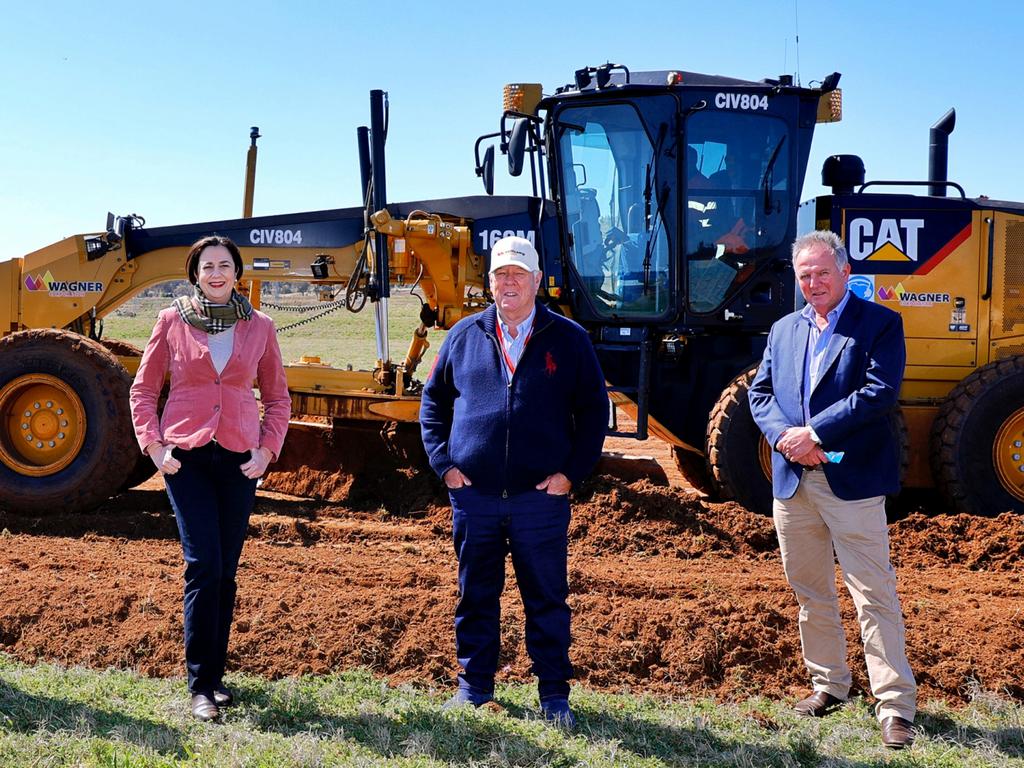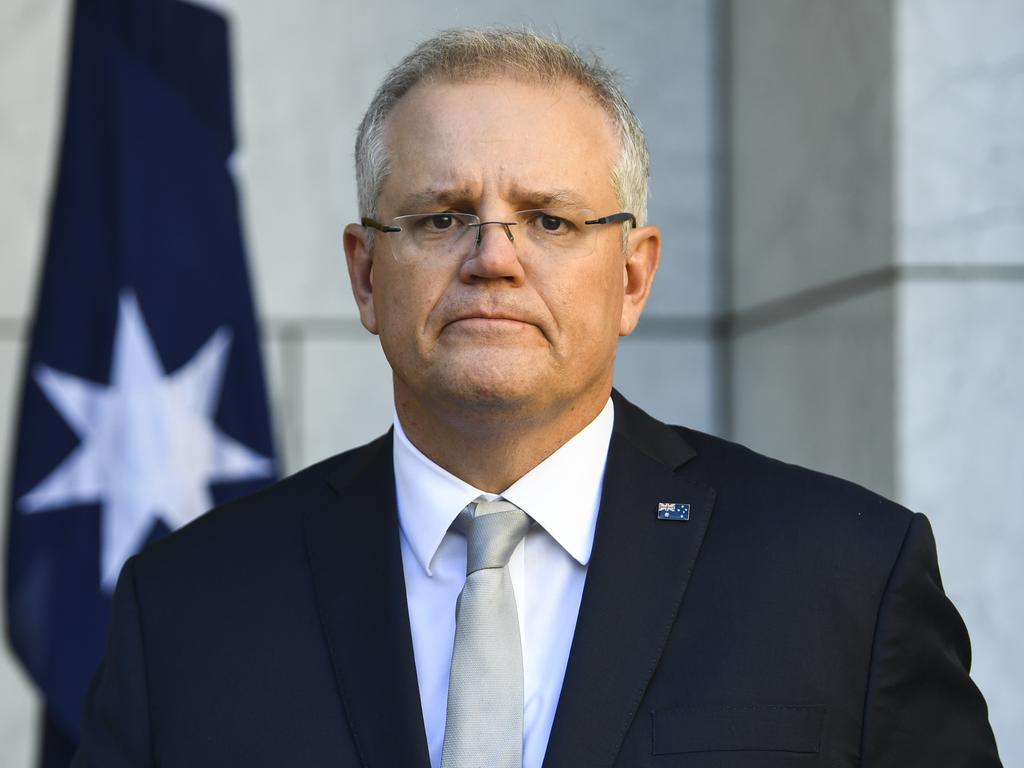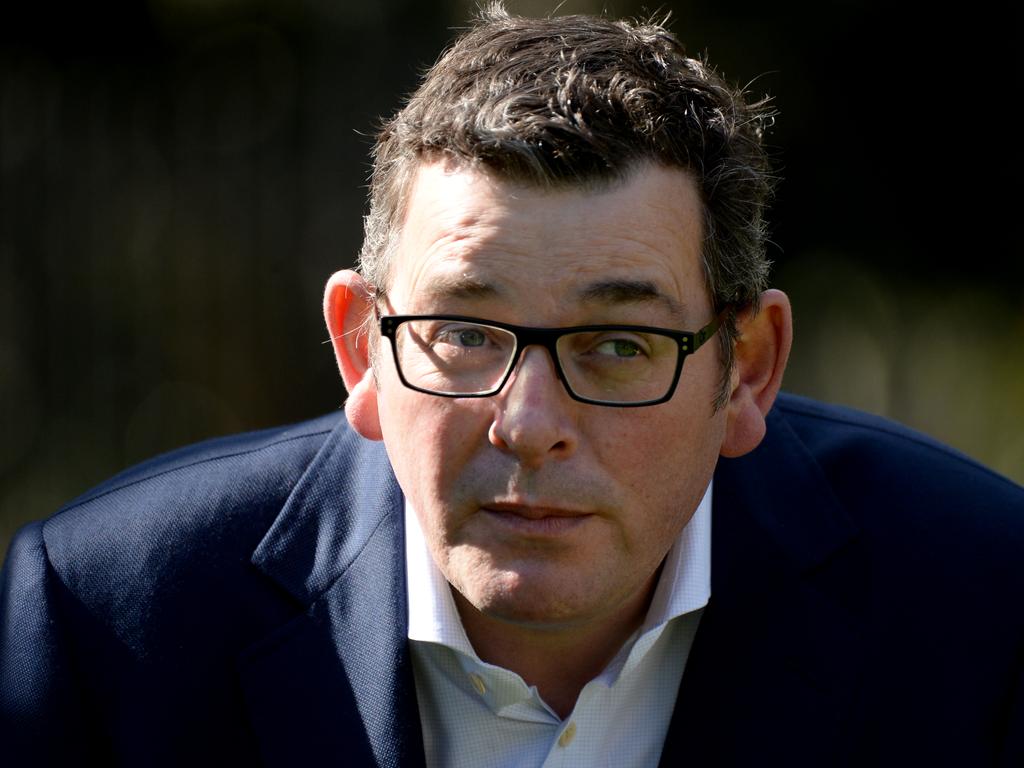Coronavirus: ad campaign targets vaccine lies in Aboriginal, Torres Strait Islander communities
The ads counter lies about Covid-19 vaccines circulated to Aboriginal and Torres Strait Islander communities | WATCH

An advertising campaign will confront lies about Covid-19 vaccines circulated to Aboriginal and Torres Strait Islander communities.
The National Aboriginal Community Controlled Health Organisation is paying for the advertisements to appear on commercial television to counter misinformation that has contributed to vaccine hesitancy. The advertisements commissioned by the Kimberley Aboriginal Medical Service include an explanation of what is in an MRNA vaccine.
In that advertisement, accompanied by written words and drawings on a white background, the narrator says Pfizer contains four things - MRNA, fats, sugar and salt.
“The MRNA, that is what helps your body fight off Covid is someone with Covid comes near you,” the narrator says.
The words “Not DNA!” then appear on the screen and the narrator says: “MRNA is not DNA and so it won’t affect your own DNA”.
The narrator then explains each of the other ingredients, saying “the fats help the MRNA move into our cells, the salts they work as natural preservatives and the sugar helps these ingredients to stay in shape during the freezing”.
“There are less fats, salts and sugars than you would see in a breadcrumb in the vaccine. These four ingredients only stay in your body for a few days and then disappear so we trust this vaccine is safe in the long term,” the narrator says.
“This vaccine does not have Covid in it, human products in it, animal products in it, or preservatives other than the salt.
“How do we know it’s safe? Well millions of people around the world have had this vaccine and scientists have been monitoring them really closely. Nobody has had any serious long lasting reactions from having this Pfizer vaccine nobody has had any blood clots and nobody has died from having this Pfizer vaccine.
“Well how good is it? This vaccine is excellent at stopping people from getting very sick with Covid or needing to go the hospital and maybe even dying from Covid ... it can also reduce the spread of Covid within families, communities and country.”
The advertisement then explains symptoms that could last one or two days.
The campaign begins as hundreds of Aboriginal people are infected with Covid-19 in western and far western New South Wales.
Low vaccination rates among Indigenous Australians are partly a result of shifting advice about AstraZeneca, the vaccine supplied to Aboriginal medical services across Australia in February and March. Aboriginal medication services had begun the work of vaccinating all Indigenous people over 18 with AstraZeneca when in April the Australian Technical Advisory Group declared Pfizer was preferred for people under 50. That advice changed again in June when ATAGI said Pfizer was the preferred vaccine for people under 60. More than 90 per cent of the Aboriginal and Torres Strait Islander population is under 60. The Australian has been told adequate supplies of Pfizer did not reach remote and regional Aboriginal medical services until late June, by which time the rollout was significantly delayed. ATAGI has since issued advice stressing that the benefits of vaccination with AstraZeneca strongly outweigh the risks of adverse effects in all Australians under 60 years.








To join the conversation, please log in. Don't have an account? Register
Join the conversation, you are commenting as Logout